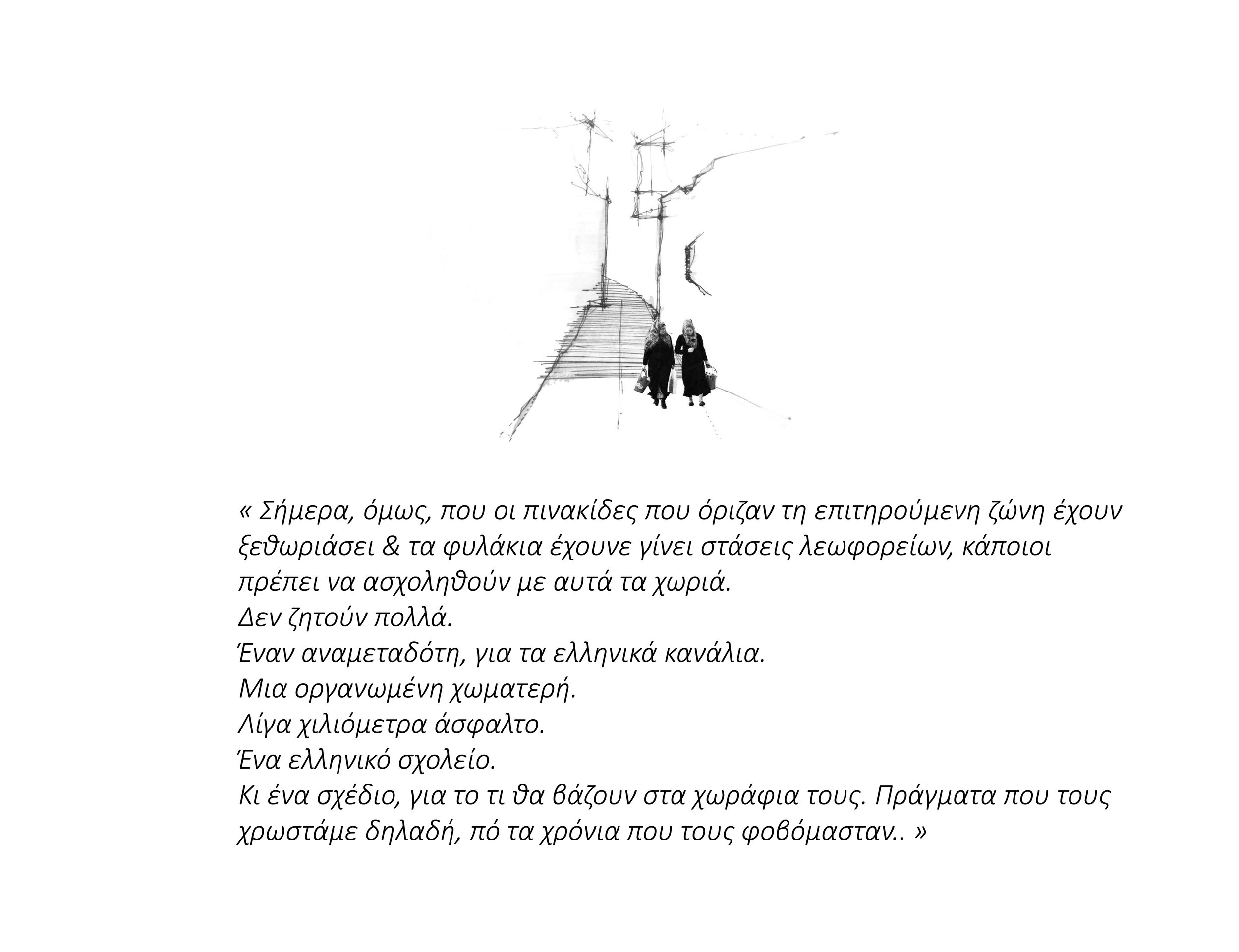Pomaks: Revitalization of Rural Cultures
Type: Design Assignment, Publication
Location: Xanthi, Greece
Project Team: Mariada Stamouli
Status: Completed
THE POMAKS
The villages of Pomakochoria are located in the northern region of Greece, and their name originates from their inhabitants, the Pomaks—a Muslim ethnic group that speaks a dialect of Bulgarian known as the Pomak language. These villages have faced significant challenges over the years. The mountainous terrain of the region, combined with issues related to minority education and the area's inclusion within a surveillance zone until 1996, contributed to the gradual isolation of the community.
The prolonged presence of the army and the long-standing border restrictions fostered a sense among the locals of being marginalized or even punished due to their status as a minority group. Today, in the Xanthi area—our specific focus—the Pomaks largely continue to rely on tobacco cultivation, despite it yielding diminishing financial returns. Many remain uninformed about alternative agricultural practices and the broader potential of their land to support diverse economic activities.
VILLAGE REVITALIZATION
The concept of village revitalization is crucial in such contexts, where communities face economic stagnation, population decline, and social challenges due to historical and geographical factors. Revitalization focuses on restoring the economic, social, and cultural vibrancy of a community by leveraging its unique characteristics and resources. For isolated villages like Pomakochoria, this means creating sustainable opportunities that align with their traditions and the natural assets of the area while fostering social inclusion and local pride. Revitalization efforts can not only enhance the quality of life for residents but also attract visitors and create a sense of interconnectedness with the broader region, countering decades of isolation.
NEW POSSIBILITIES
Through discussions with local residents and an exploration of the unique characteristics of the villages, it became evident that there is potential for revitalization by leveraging the natural and cultural assets of the area. One possibility involves creating a center with both farmer training facilities and a museum or exhibition space that highlights the history and value of the region. Such an initiative could provide education on alternative agricultural practices, support economic diversification, and help local residents see the broader possibilities for their community’s future.
Beyond economic benefits, the revival of these villages can restore a sense of identity and belonging for the Pomaks, reaffirming their connection to their land and culture. In the hearts of the Pomaks, there is a quiet hope for a future where their land becomes a source of pride and prosperity for generations to come, proving that even the most isolated places can thrive when given the chance to flourish.




